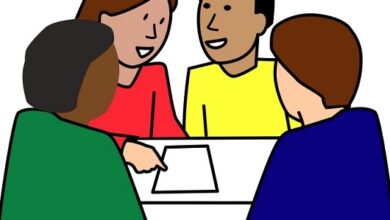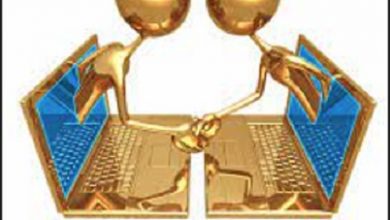Economics/Business
Economics
Economics is the social science that studies how individuals, businesses, governments, and societies allocate scarce resources to satisfy their unlimited wants and needs. It is concerned with the production, distribution, and consumption of goods and services, and the decisions and behaviors of individuals and institutions that shape these processes.
By reading the intensive articles of Englopedia.com you will grasp that it is a broad field that encompasses various branches and subfields, including microeconomics, macroeconomics, international economics, labor economics, behavioral economics, and many others. Microeconomics focuses on the behavior of individuals and firms, while macroeconomics looks at the overall performance of the economy, including issues such as inflation, unemployment, and economic growth. International economics examines the flow of goods, services, and capital across borders, while labor economics focuses on the behavior of workers and employers in the labor market.
Englopedia will make you aware that Economists use a range of tools and techniques, such as mathematical modeling, statistical analysis, and experimental methods, to study and analyze economic phenomena. They aim to understand how markets work, how individuals and institutions make decisions, and how public policies and institutions impact economic outcomes.
Through the leading articles of Englopedia you will realize that Economics has significant implications for individuals, businesses, governments, and societies, as it can inform decisions related to investments, production, taxation, trade, and social welfare policies. It is a crucial field of study for understanding the functioning and dynamics of modern economies and for addressing pressing global issues, such as inequality, climate change, and economic development.
-

What are organizational silos its Consequences and Causes and How to overcome
Organizational silos Organizational silos consist of situations in which various departments or groups in an organization do not want to…
Read More » -

Define feasibility study its Types Components and Benefits and Steps to conduct
Feasibility study In this article we will define you the feasibility study its Types Components and Benefits and Steps to…
Read More » -

How to build a customer service department and Steps to create and advantages
Customer service department In this article we will provide you the information about how to build a customer service department…
Read More » -

Employee Advocacy Advantages and Creating advocacy program
Employee advocacy The employee advocacy or defense of the employee, is about awareness programs designed to mobilize and train employees…
Read More » -

What is virtual communities Types Examples and Benefits
Virtual (online) communities In this article we will provide you the information about virtual communities Types Examples and Benefits. Community: “a…
Read More » -

What is an interactive map Components Benefits and How to make
What is an interactive map? An interactive map is an ideal tool to visualize all the contact points or touchpoints between…
Read More » -

Policy survey questions Tips for creating with Sample
Sample Policy Survey Questions Policy survey questions are applied in a poll to collect the opinion and attitude of potential voters. This tool…
Read More » -

What is organizational resilience Characteristics and importance
What is organizational resilience? Today we will learn about organizational resilience. And we agree that we all face crisis situations frequently,…
Read More » -

Competitive analysis definition Purpose and How to do with 4 tools
Competitive analysis Whether you are starting a new business or those who already have a consolidated brand, getting to know your…
Read More » -

How to find competitors of a company Conditions and classifiction
Competitors of a company One of the great challenges to survive in highly competitive markets is knowing how to deal…
Read More »